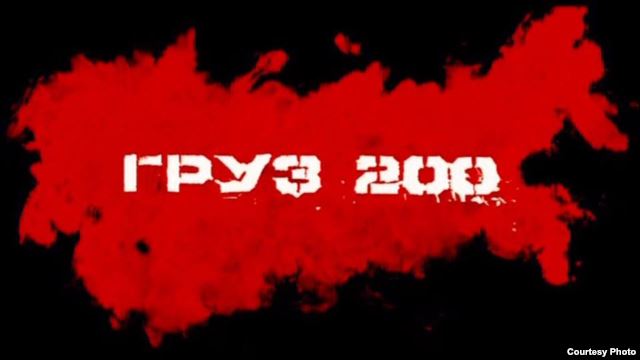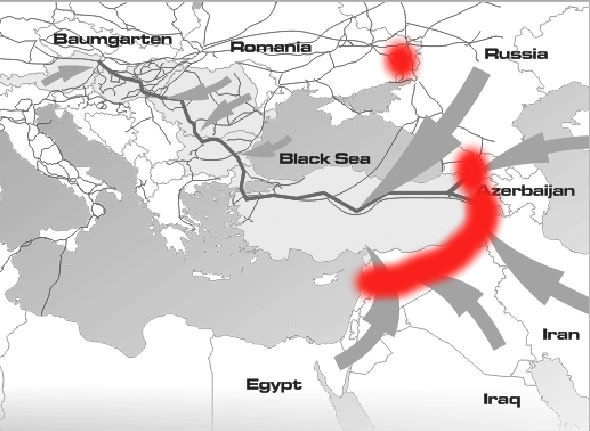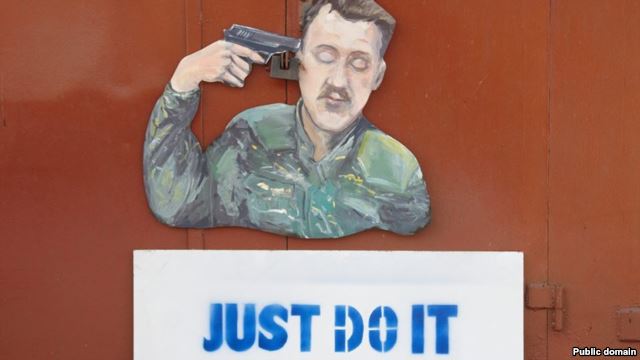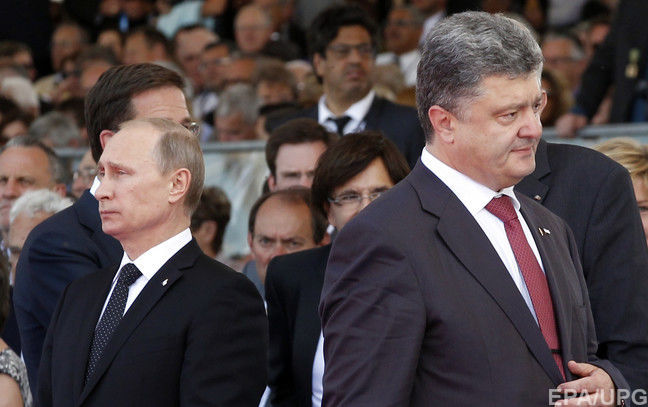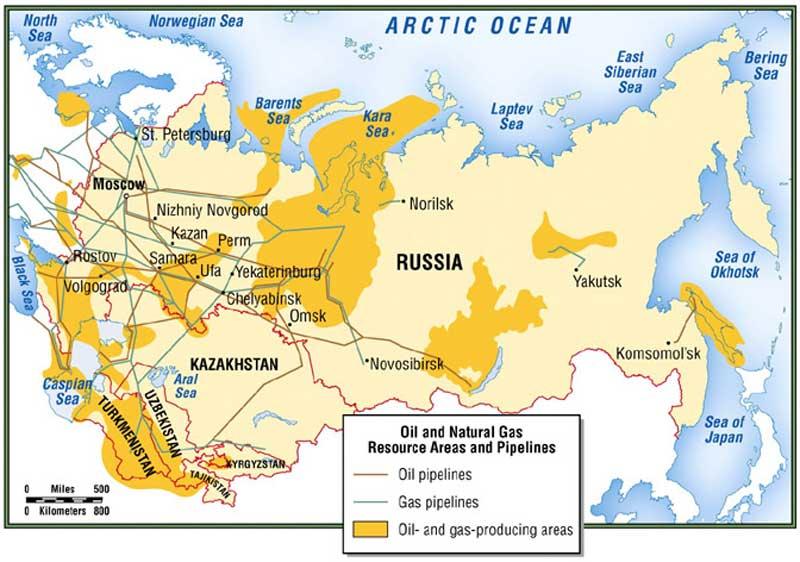Yelena Vasilyeva, a Russian civil activist who create the Facebook group “Cargo 200 from Ukraine to Russia” reported on the latest statics of the losses the Russian army suffered in combat in Ukraine. A Radio Liberty correspondent spoke with Yelena Vasilyeva, who lives in Murmansk.
The group Cargo 200 from Ukraine to Russia was created on August 21. By September 2, over 13,5 thousand members have signed up.
This group accumulates information on the Russian soldiers who died or went missing in Donbas.

Yelena Vasilyeva analyses messages in the group, as well media and volunteer reports. Based on this information she concluded the number of killed Russian soldiers starting August 25, after the invasion of Russian regular troops to Ukrainian territory.
“Judging from what the people are reporting, it looks like there are over 2000 people in August alone, naturally,” stated Vasilyeva.
She was unable to say how many Russian citizens have died throughout the entire conflict in the east of Ukraine, which began in April.
“It is absolutely impossible to determine how many ‘rebels’ died – those who signed up and went to fight starting May (recruits, mercenaries – call them as you like). It is practically impossible to determine their fate,” says Vasilyeva.
She thinks that, taking into account Ukrainian source reports, it can be said that over a thousand Russian mercenaries had died in Ukriane even before the direct Russian military invasion, which occurred at the end of August.
“That was before the invasion. On the day of the invasion, the first day, about 700 Russian died, 100%. We count about 1,5 thousand in the next several days,” says Vasilyeva.
The first reports about open Russian invasion in Ukraine appeared on August 25.
Meanwhile, according to Vasilyeva’s information, the families of the killed Russian soldiers are being intimidated not to talk about the fate their dear ones had suffered.
“There is a lot of information that they are being directly intimidated: saying they would bury them in the forest,” she notes.
This pressure yields results. For example, one mother who addressed Vasilyeva lost communication with her son about two months ago. Her son is a paratrooper and, according to his parents, his most probably at war in Ukraine. However yesterday, after she got a call from an unidentified man, the mother decided against looking for her son.
“She asked me to remove the information tearfully: ‘We won’t look for him, we will wait,’,” says Vasilyeva.
There is also information that unknown individuals are extorting money from the parents of the missing Russian soldiers.
“They are being told: if you keep silent, your son will return in any shape. If you want to learn the truth about him faster, pay money. They talked about sums of between 5 and 10 thousand dollars,” reports Vasilyeva.
However, mothers don’t always continue keeping silent. Vasilyeva spoke about the situation in Ulyanovsk, which occurred after cargo 200
arrived there.
“The people quickly sent a plaint to the Defense Ministry and they were ignored. Therefore they are gathering the families of those who are at war around September 11-12 and they want to go to Moscow, go out to the Red Square and demand that the head commander come out and report to them. These people may awaken other mothers,” notes Yelena Vasilyeva.
She says that she has also been threatened numerous times: “There is pressure. Friendly sources tell me to be cautious and careful, because the topic of cargo 200 was ordered to be hushed up, and as we are talking about it, we are becoming near-enemies.”
Vasilyeva notes that she is constant contact with the head of the Ukrainian Center for Military and Political Investigation Dmytro Tymchuk.
According to his latest report, the local government near the town of Krasniy Luch in Luhansk oblast received orders to give land lots for the burial of fallen Russian servicemen.
There are also reports on social media that there are mobile crematoria on combat territory – however, Vasilyeva emphasizes that this information has not been verified.
Moscow officially denies the presence of its army in Ukraine and claims lack of evidence to prove it.
Source: Radio Liberty
Translated by Mariya Shcherbinina

